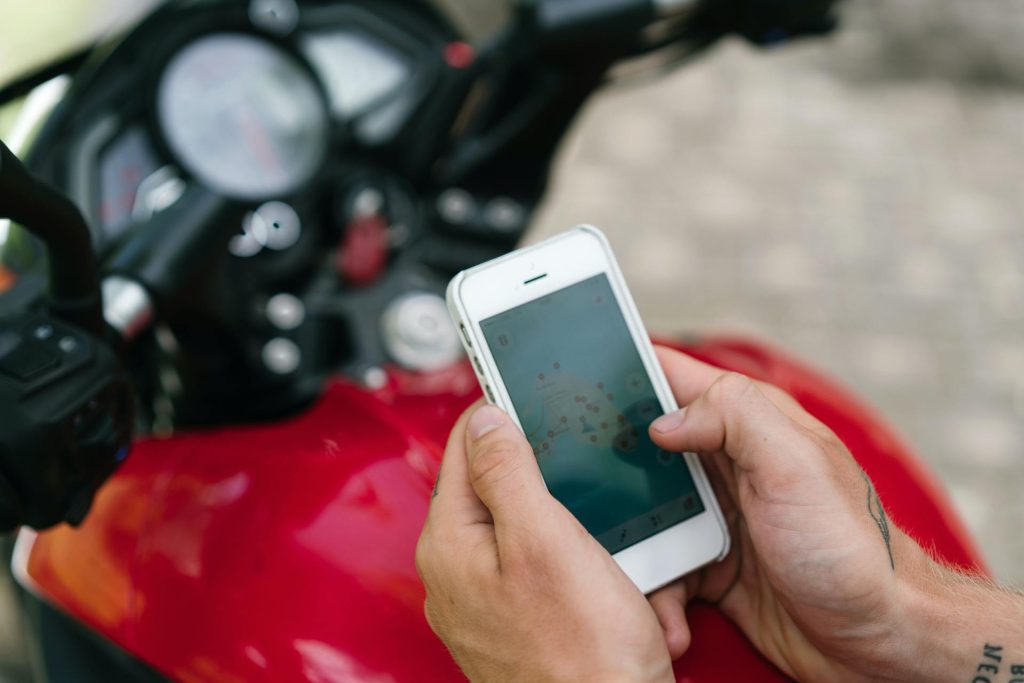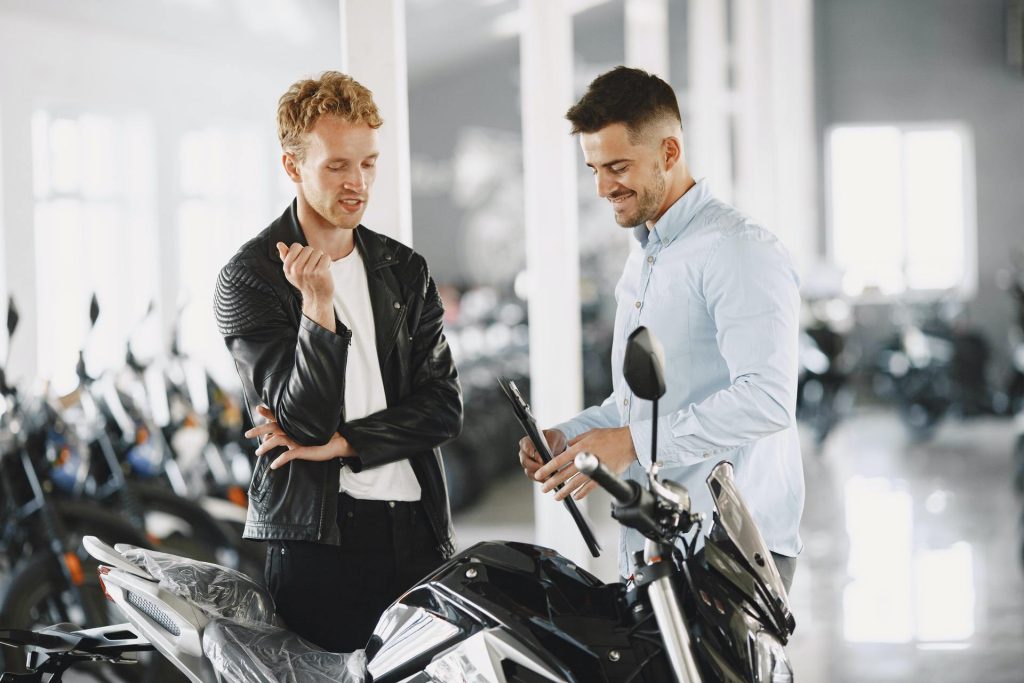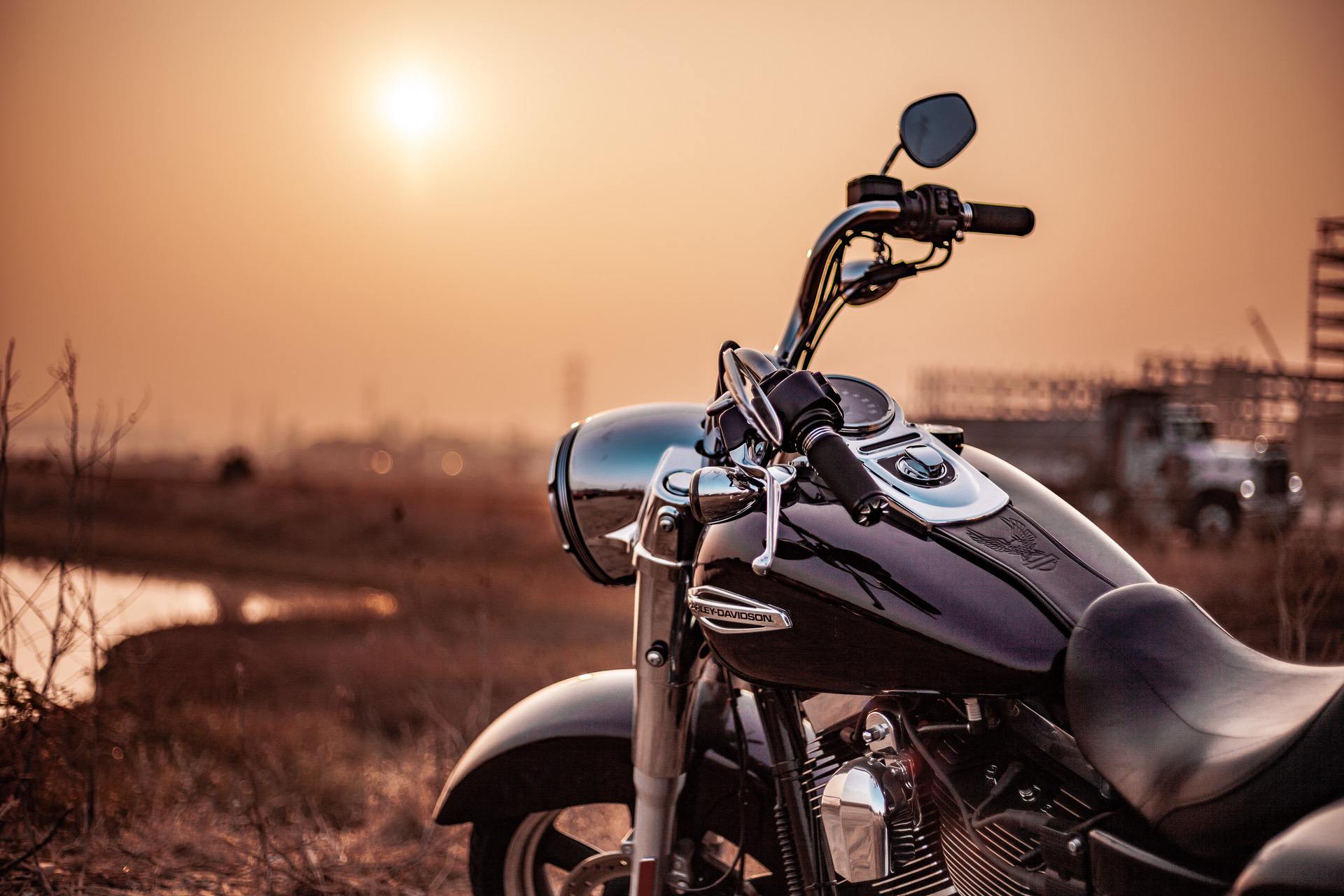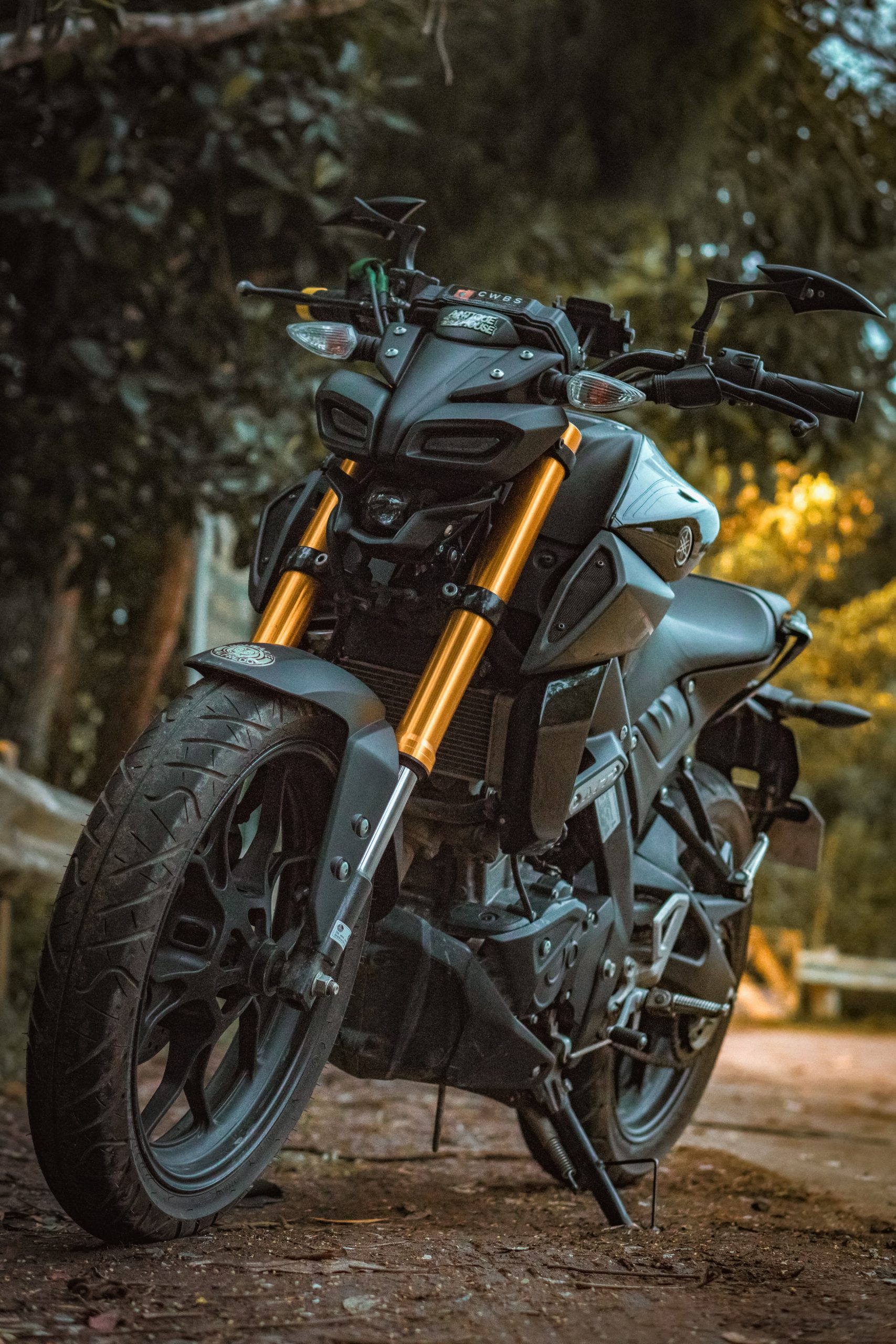When it comes to buying a motorcycle, knowing where to shop is half the battle. There are certainly some excellent private sellers out there with hidden two-wheeled treasures available, but we recommend finding them through reputable online marketplaces or going straight to high-quality specialty dealerships so you can spend your time efficiently and avoid shady situations that might be especially tough to deal with for riders with less experience.
Below, we’ve compiled a list to help you get started looking for your dream machine. Find out where to look if you’re buying a new or used motorcycle online or through a dealership in your region.

Shopping for Motorcycles in Online Marketplaces
Shopping for a motorcycle might seem as easy as typing your favorite brand into Google and clicking on the first result—but sadly, it’s rarely that simple. Not every online marketplace vets their postings carefully (or at all), which means shoppers run the risk of blowing money on lemons or outright scams.
That’s not to say you can’t find a great used (or even new) bike through a private seller online—but you should know a few things about how various marketplaces operate so you know what to expect. Here’s our list of where we’d look for a new steed if we were taking that route, and where we’d use a little more caution.
Facebook Marketplace
Facebook marketplace tends to have a ton of motorcycle listings—for new and used bikes alike. Many of these are for-sale-by-owner posts, but there’s a surprisingly high number of posts from dealerships as well.
One of the nice things about shopping through Facebook marketplace is that the filters give you a lot of control over what you find. You can set them to search for bike type (cruiser, naked, etc.), mileage, engine displacement, transmission type, exterior color, and even the number of previous owners. Because it’s connected to Facebook, you’re also able to do a little digging on the person or organization you’re potentially buying from, giving you more confidence that they’re not a scam artist using a fake name or business.
Full disclosure: this is how I bought my bike (a used Kawasaki Vulcan 900 Classic LT). No, not everyone with a Facebook profile is trustworthy or safe to buy from—but you get a lot of information this way that other sites don’t necessarily provide, which can be useful as long as you’re able to vet it.
Craigslist
Lots of awesome used bikes can be found on Craigslist too, although it’s a little harder to find information about who you’re buying from. While the platform offers plenty of filters (make and model, engine displacement, year, mileage, type, condition, title status, etc.), it’s important to remember that all you need to post to Craigslist is an email address.
While people can certainly fake their identity on Facebook as well, doing so is more of an effort due to the amount of personal details needed. If you’re interested in a bike you found on Craigslist, you’ll need to find other ways to verify the seller’s identity and reputation.
Autotrader
Many first-time bike buyers flock to Autotrader, due to the sheer amount of listings that can be found there. But unfortunately, Autotrader scams are common—so common, in fact, that Autotrader (to their credit) put up a specific list of fraud awareness tips for motorcycle listings.
We’re not saying you can’t or shouldn’t find a bike through Autotrader—there are lots of awesome bikes there. Just be extra careful, since there’s no foolproof way to prevent or avoid scams on this platform or sites like it.

Bike Shopping with Local Specialty Dealerships
One of the most effective ways to avoid scams and ensure a relatively high degree of quality among the bikes you’re considering is to buy through a specialty dealership in your area. The right dealerships provide quality-control, reliable service, and customer service that makes them a pleasure to visit.
Since we have a global audience here at BBM, we’re not going to list every worthwhile dealer around the world here—but we will tell you what to look for in an incredible specialty dealership.
What Makes a Local Dealership Great
Chances are, your area has more than a few local dealerships—and not all of them offer the same experience. Here’s what to look for in a truly great one:
Personalized Customer Service
Dealerships that go the extra mile to build lasting relationships with their customers usually vet their bikes carefully to avoid selling anything that could burn a bridge. Some signs of a dealership that cares about its customers include free estimates on repairs and custom jobs, and a willingness to educate customers about bike maintenance so they can save money by doing it themselves.
High-Quality Mechanic Services
Dealerships that use experienced and licensed mechanics are much more trustworthy than those with generalists who might only perform cursory safety checks on a bike before trying to sell it to you. When approaching a dealership in your area, make sure to ask about the qualifications their mechanics have.
Detailed Inventory
Dealerships that know the brands they sell inside and out typically offer a wide variety of aftermarket parts and upgrades. Not only is this a sign that your dealership understands the bike they’re selling you; it can also make them your one-stop shop when you want to customize your bike down the road.
Awesome Specialty Dealerships
It’s also worth noting that specialty dealerships don’t have to limit themselves to selling or servicing a single brand of motorcycle.
Take DFW Redline Racers in Lewisville, TX, for example—whose team prides themselves on having in-depth knowledge of many major brands, including Harley-Davidson, Honda, Kawasaki, Yamaha, and more.
The company began as a small shop in Texas but has since expanded successfully to numerous other locations throughout the United States. By using licensed mechanics who have real experience with a wide variety of brands and offering free advice to customers on how to maintain their rides, they’ve done an excellent job of setting themselves apart from their competitors.
Trustworthy Sellers Let You Ride with More Confidence
Whether you met a private seller online or are buying through a dealership, here are some things to remember:
- Ask to see the bike’s maintenance history—a trustworthy seller should have service records available and information about any collisions or other accidents in the vehicle’s past.
- Take your time inspecting the bike. You’re not being rude by performing a pre-ride check or asking to take the seat off so you can look at the electronics. In fact, a seller who doesn’t want you to do any of those things might be trying to hide something.
- Be willing to walk away from the sale if it doesn’t “pass the sniff test”. Not only can trusting your instincts save you from getting scammed, but asking to walk away and sleep on it can tell you a lot about the kind of seller you’re dealing with.
- If they get irate or try to push you into buying on the spot, run. A quality bike should have no shortage of interested buyers, so you’re not costing them anything by taking more time unless they think you’re the only one they can con into buying.
At the end of the day, it’s always best to throw your leg over a bike you bought from someone friendly and forthcoming who inspires confidence. While you can certainly find these people in the free-for-all of the internet, knowing how to find a dealership you can trust will ultimately give you more confidence in your purchase.
Use the information above to aid you in your search, and feel free to leave a comment if you have any questions or thoughts to share about your bike buying experience! As always, keep the rubber side down, and watch out for the cagers.
- Graham


